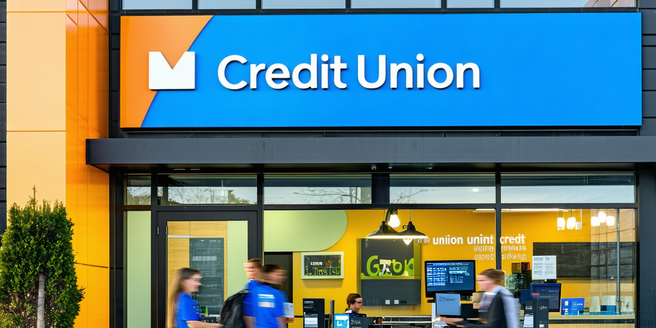Understanding Personal Loans
Personal loans are a versatile borrowing option that can be used for various purposes such as debt consolidation, home renovation, or unexpected expenses. These loans usually come with fixed interest rates and set repayment terms, making budgeting easier for borrowers. Traditionally offered by banks, credit unions, and online lenders, personal loans do not require collateral, as they are unsecured. To qualify, lenders assess the applicant’s credit score, income, and financial history. A good credit score often leads to lower interest rates and better terms. These loans provide the flexibility to fund significant financial needs without depleting savings. It is essential for borrowers to review the terms and ensure monthly payments fit within their budget to avoid default and potential negative impacts on their credit score.
Exploring Bad Credit Loans
Bad credit loans are designed for individuals with a poor credit history, providing a chance to secure funds despite low credit scores. These loans tend to have higher interest rates and fees to compensate for the increased risk lenders face. Options for bad credit loans include secured loans, which require collateral, or unsecured loans that may have stricter terms. Payday loans and cash advance loans, though accessible, often come with high charges and should be approached with caution. Borrowers should thoroughly assess their capacity to repay and consider improving their credit score for better terms in the future. It is crucial to work with reputable lenders who offer transparent terms and conditions, helping mitigate the adverse effects of prior financial issues while providing necessary financial assistance.
Eligibility Criteria Comparison
When comparing personal loans and bad credit loans, eligibility criteria play a crucial role. Personal loans typically require a good to excellent credit score, proof of stable income, and a positive credit history. Lenders examine debt-to-income ratios to ensure repayment capacity. In contrast, bad credit loans have more relaxed criteria, with lenders focusing more on income stability than credit scores. However, this flexibility comes at the cost of higher interest rates and less favorable terms. Prospective borrowers should evaluate their financial circumstances, considering factors like credit score, income level, and existing debts. Meeting the eligibility requirements can pave the way for acquiring a loan best suited to their financial needs, whether aiming for more favorable terms with a personal loan or seeking accessibility with a bad credit loan.
Interest Rates and Fees
Interest rates and fees are crucial factors distinguishing personal loans from bad credit loans. Personal loans often boast lower interest rates due to the borrower’s positive creditworthiness, reducing overall borrowing costs. Additionally, these loans might include origination fees, closing fees, or prepayment penalties, which vary by lender. Comparing these charges can help in choosing an affordable option. Conversely, bad credit loans come with higher rates, reflecting the increased risk for lenders. These loans may also have substantial fees attached, significantly impacting the loan’s total cost. Understanding how these aspects affect repayment can aid borrowers in deciding which loan type aligns with their financial strategy. To minimize high-interest costs, improving credit scores might open avenues for better rates on future loans.
Application Process Differences
The application processes for personal loans and bad credit loans differ significantly. For personal loans, the process is typically more stringent and involves detailed scrutiny of credit scores, financial history, and income documentation. Applicants may need to wait for approval, as lenders examine their creditworthiness meticulously. Online personal loan applications might be quicker yet still require verification steps. Conversely, securing a bad credit loan often involves a simpler and faster process, as lenders prioritize income stability over credit scores. Despite lax requirements, the ease comes with potentially higher costs. Borrowers should prepare personal documentation and accurate financial information for both loan types to facilitate smoother applications, understanding that each has distinct requirements affecting processing time and achievable terms.
Choosing the Right Loan for You
Selecting the appropriate loan type requires careful assessment of personal financial situations and repayment abilities. Personal loans can be ideal for individuals with strong credit, offering lower interest rates and better terms, making them suitable for larger expenses like home improvements. Meanwhile, bad credit loans provide a lifeline for those with reduced credit scores, aiding in emergencies despite higher costs. Evaluating one’s credit score, debt levels, and financial goals is vital in choosing wisely. Potential borrowers should calculate monthly repayment capabilities and explore various lender offerings, considering both traditional and online options. Understanding specific needs and conditions allows for informed decision-making, ensuring the chosen loan aligns with long-term financial health and budget constraints.


